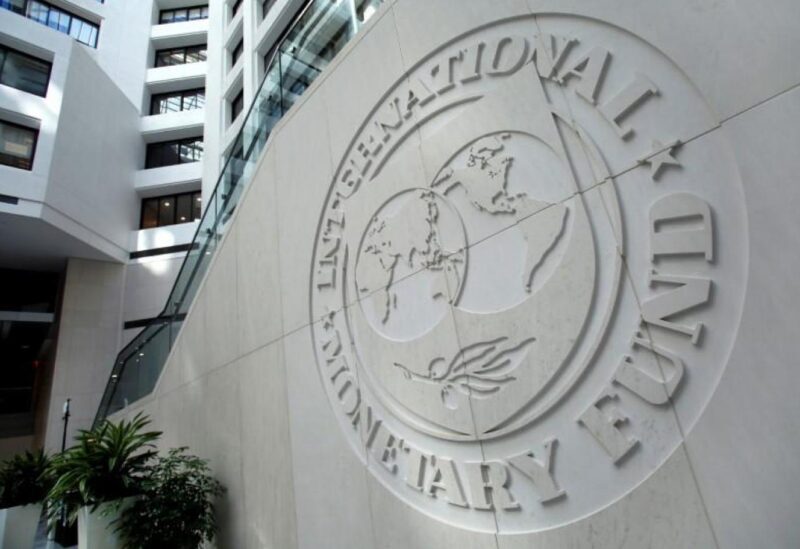
The international scene related to the Russian-Ukrainian war continues to dominate all international and local events and developments. At this time, internal crises, especially financial and economic ones, are exacerbated with the lack of any treatments, or even the development of serious plans that contribute to mitigating its repercussions that directly affect the Lebanese citizen, without any accountability or oversight.
A team from the International Monetary Fund (IMF) has visited Lebanon for two days, during which the three presidents and members of the committee in charge of negotiations with them met and supervised the preparation of the recovery plan and the process of implementing the required reforms. Talks focused on evaluating the work accomplished so far and determining the steps to be taken to reach an agreement on the program with the Fund. The delegation will return to Beirut in the second half of March, according to Deputy Prime Minister and Chairman of the Negotiations Committee with the Fund, Saadeh Al-Shami.
Ministerial sources that participated in the IMF talks confirmed to “Sawt Beirut International” that the delegation’s visit was aimed at following up what the Lebanese authorities are doing. The IMF team has urged Lebanon to speed up the implementation of the requirements and intensify work to reach a plan. However, the sources confirmed that the IMF delegation left Lebanon disappointed after seeing the timid measures that have been taken so far, especially since it had detailed serious inquiries about the ongoing work.
The IMF team also asked to determine the next steps that will be taken in carrying out economic reforms, including medium-term fiscal reform, financial sector reform, fixing exchange rate, as well as structural reforms, including poverty alleviation, governance, and electricity reforms to reach agreement on a program with the IMF.
According to the source, the delegation stressed the need for some required legislation before submitting the program to the fund’s board of directors for final approval.
The ministerial source considered that if there is no progress by the Lebanese authorities on the issues demanded by the Fund until the end of March, this may lead to cancelling the team’s scheduled visit, especially after it was announced that studying the draft budget law needs about a month to approve. This means that Lebanon will fall into the forbidden, especially that the Parliamentary elections are approaching, and this means that there is a risk of not completing the development plan and starting to implement the required reforms. Thus, there will be an impossibility to sign the program initially with the IMF, given that the Lebanese authorities will be busy with the electoral process, then the government formation, and presidential elections. Being busy with all these entitlements may waste the opportunity to sign with the IMF the support the assistance program, which may be delayed until the beginning of next year. The IMF team agreed with officials, during its visit to Lebanon, that any delay in carrying out the necessary reforms and legislation would raise the cost of economic recovery in the future.
The sources regretted the fiscal policy adopted years ago, which was a reason to bring Lebanon to this severe situation, instead of looking for studies and practical plans to reach radical solutions, especially after Lebanon lost most of its financial reserves.
Lebanon may again be losing a last rescue opportunity by implementing what is required before it is too late. But according to the indicators, the result appears to be known under such a system.